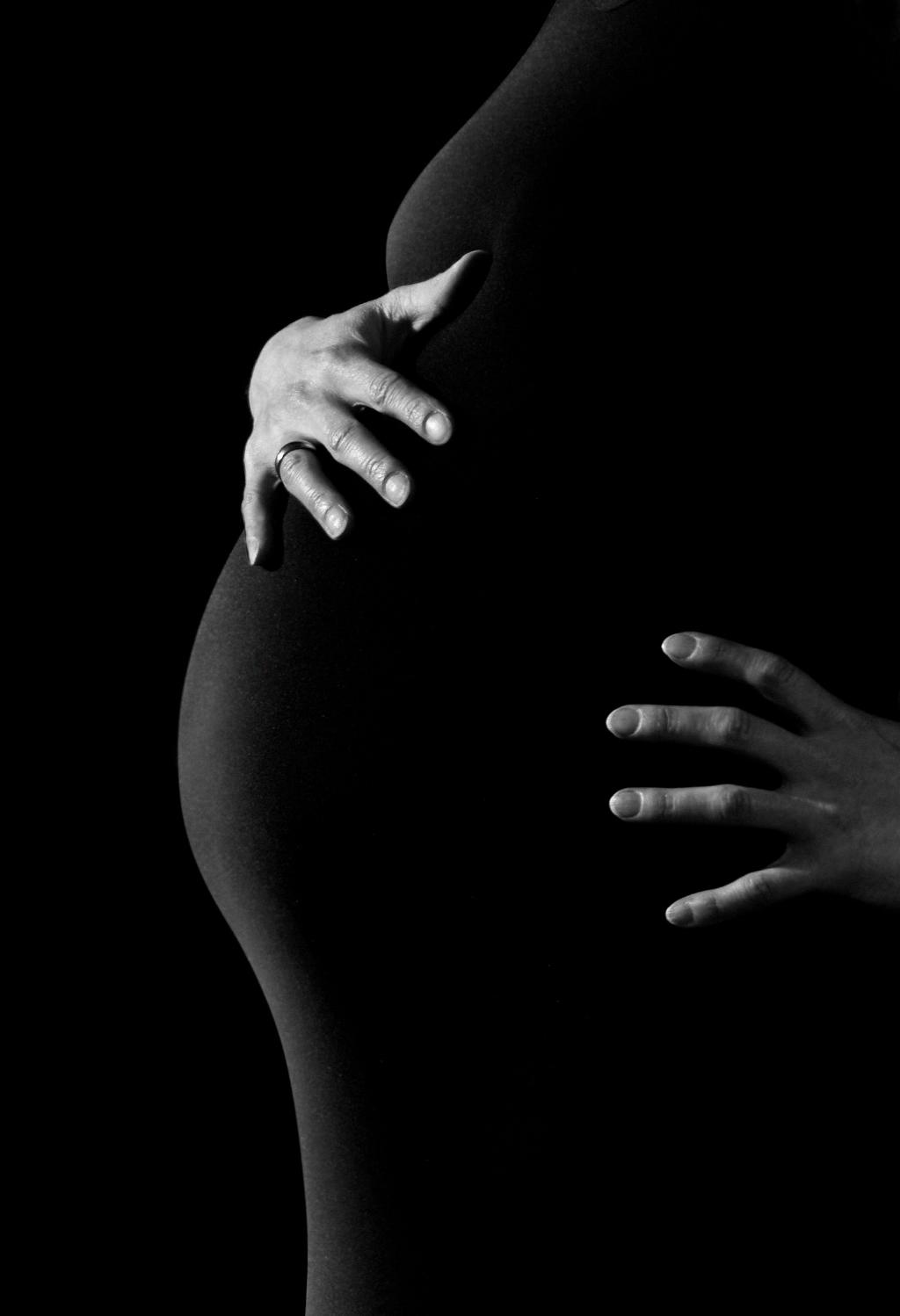Early pregnancy fatigue is a common and often significant symptom experienced by many women in the first trimester. This overwhelming sense of tiredness can vary in intensity and duration, but for some, it can feel like a constant companion throughout the day.
For women who usually require only a few hours of sleep each night, the sudden need for double that amount can be startling. This increased need for rest is often accompanied by feelings of exhaustion, making it difficult to focus and complete daily tasks.
Daytime tiredness is a hallmark of early pregnancy fatigue, with many women feeling like they can’t shake off the drowsiness no matter how much they rest. This persistent feeling of sleepiness can impact work performance, social interactions, and overall quality of life.
In addition to daytime fatigue, many pregnant women also struggle with disrupted sleep patterns. Difficulty falling and staying asleep can exacerbate feelings of tiredness, creating a cycle of fatigue that is hard to break.
Nausea and vomiting, common symptoms of early pregnancy, can further contribute to the sense of exhaustion. The physical toll of frequent bouts of nausea and vomiting can leave women feeling drained and depleted, adding to the overall fatigue.
It’s important to recognize that early pregnancy fatigue is a normal part of the body’s response to the hormonal changes and increased energy demands of growing a baby. While it can be challenging to navigate, understanding that it is a temporary phase can help women cope with the symptoms.
Being proactive about self-care is crucial for managing early pregnancy fatigue. This includes honoring your body’s need for rest, nourishing yourself with healthy foods, staying hydrated, and engaging in gentle exercise when possible.
Listening to your body and giving yourself permission to prioritize rest can make a significant difference in how you experience early pregnancy fatigue. Remember that it’s okay to ask for help and delegate tasks to others if needed.
Engaging in relaxation techniques such as deep breathing, meditation, or prenatal yoga can also help alleviate feelings of fatigue and promote better sleep quality. Finding moments of calm and relaxation throughout the day can rejuvenate both the body and mind.
Connecting with other pregnant women or joining a support group can provide a sense of community and understanding during this challenging time. Sharing experiences and tips for managing fatigue can offer comfort and reassurance.
If early pregnancy fatigue is significantly impacting your daily life and functioning, don’t hesitate to speak with your healthcare provider. They can offer guidance, support, and resources to help you navigate this phase with greater ease.
Remember that early pregnancy fatigue is a temporary and normal part of the pregnancy journey. By taking care of yourself, seeking support, and being patient with your body, you can navigate this challenging symptom with grace and resilience.

